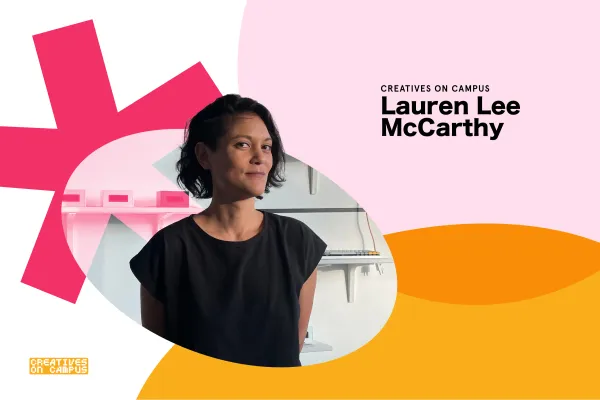
Lauren Lee McCarthy explores how much control should we have over a birthing person’s body, and over a life before it begins? Presented in partnership with the Museum of Human Achievement and Fusebox Festival.
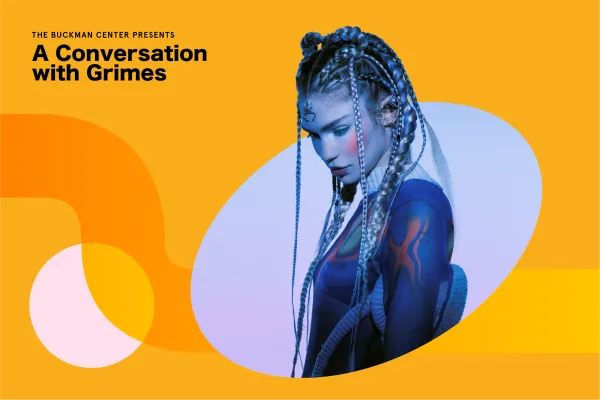
[Rescheduled for Monday, April 24] Grimes, Mac Boucher and Daouda Leonard sit down with SDCT Assistant Dean Doreen Lorenzo.

Learn more about career opportunities at Rooster Teeth in this installment of Career City Limits.
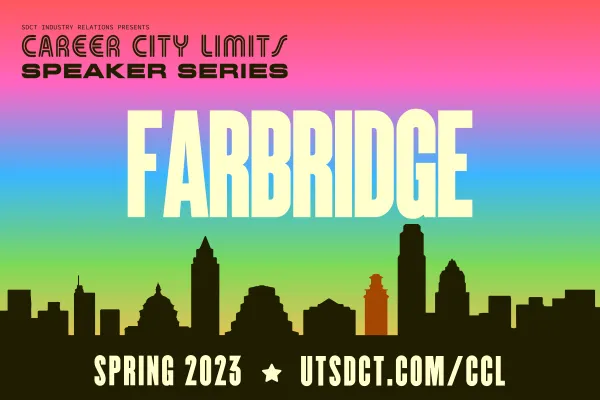
Learn more about career opportunities at FarBridge in this installment of Career City Limits.
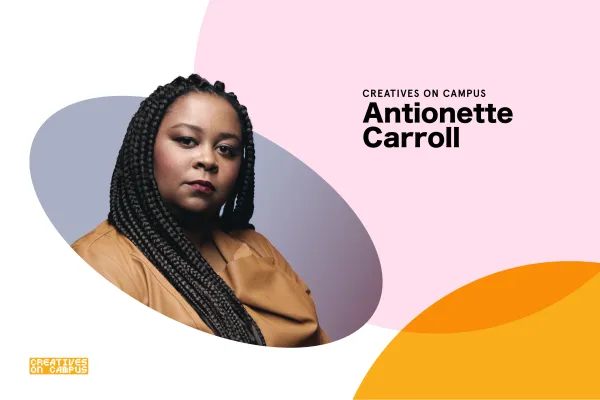
SDCT invites the Austin Design Community to a lecture with speaker, educator, equity designer and DEI specialist Antionette Carroll.
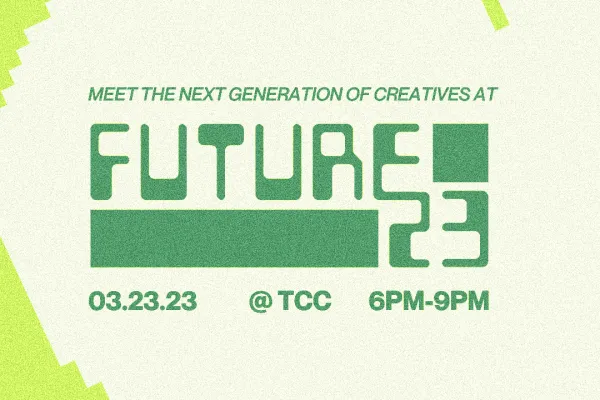
The School of Design and Creative Technologies invites you to meet the next generation of creatives at Future23.
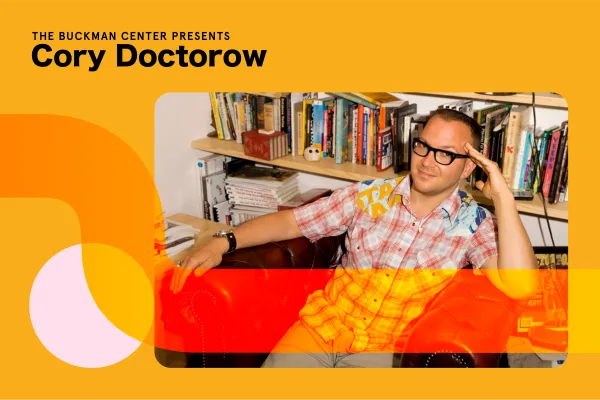
Science fiction author, activist and journalist Cory Doctorow visits SDCT to speak on "Seize The Means Of Computation: A Big Tech Disassembly Manual."
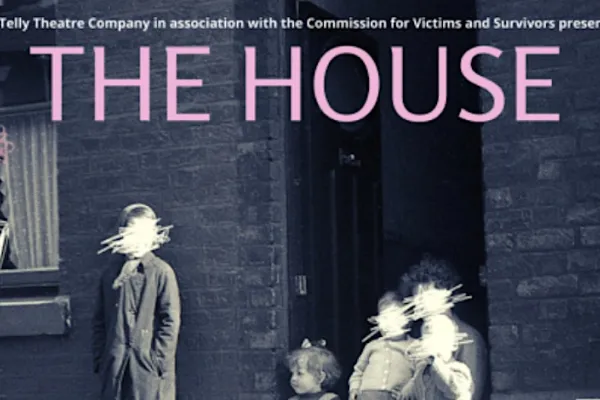
A virtual reality experience at The University of Texas at Austin on the legacy of the Troubles in Northern Ireland in families and communities.
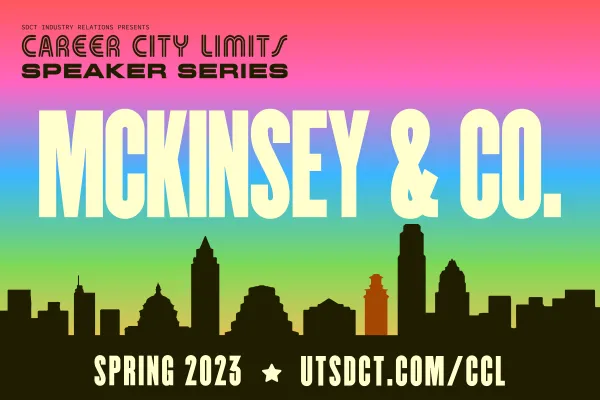
Learn more about career opportunities at McKinsey & Co. in this installment of Career City Limits.

Learn more about career opportunities at Southwest Airlines in this installment of Career City Limits.

